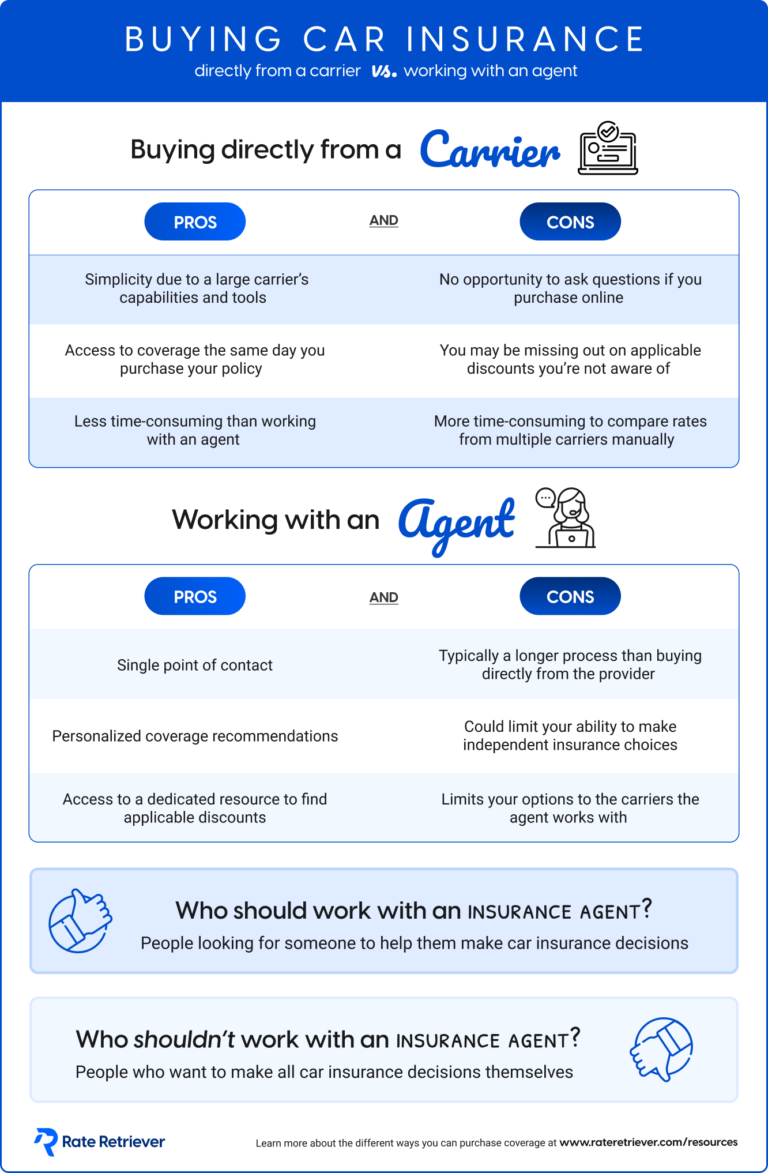Can I ask for a discount on my car insurance?
It’s always a good idea to ask an agent if you can get discounted car insurance. However, you will probably need to qualify for one of the discounts offered in order to save money. Some insurance companies don’t advertise all their discounts online, and some discounts may only be available in certain states, so it’s worth speaking to an agent about the ways you could save.





